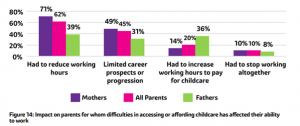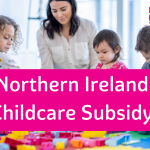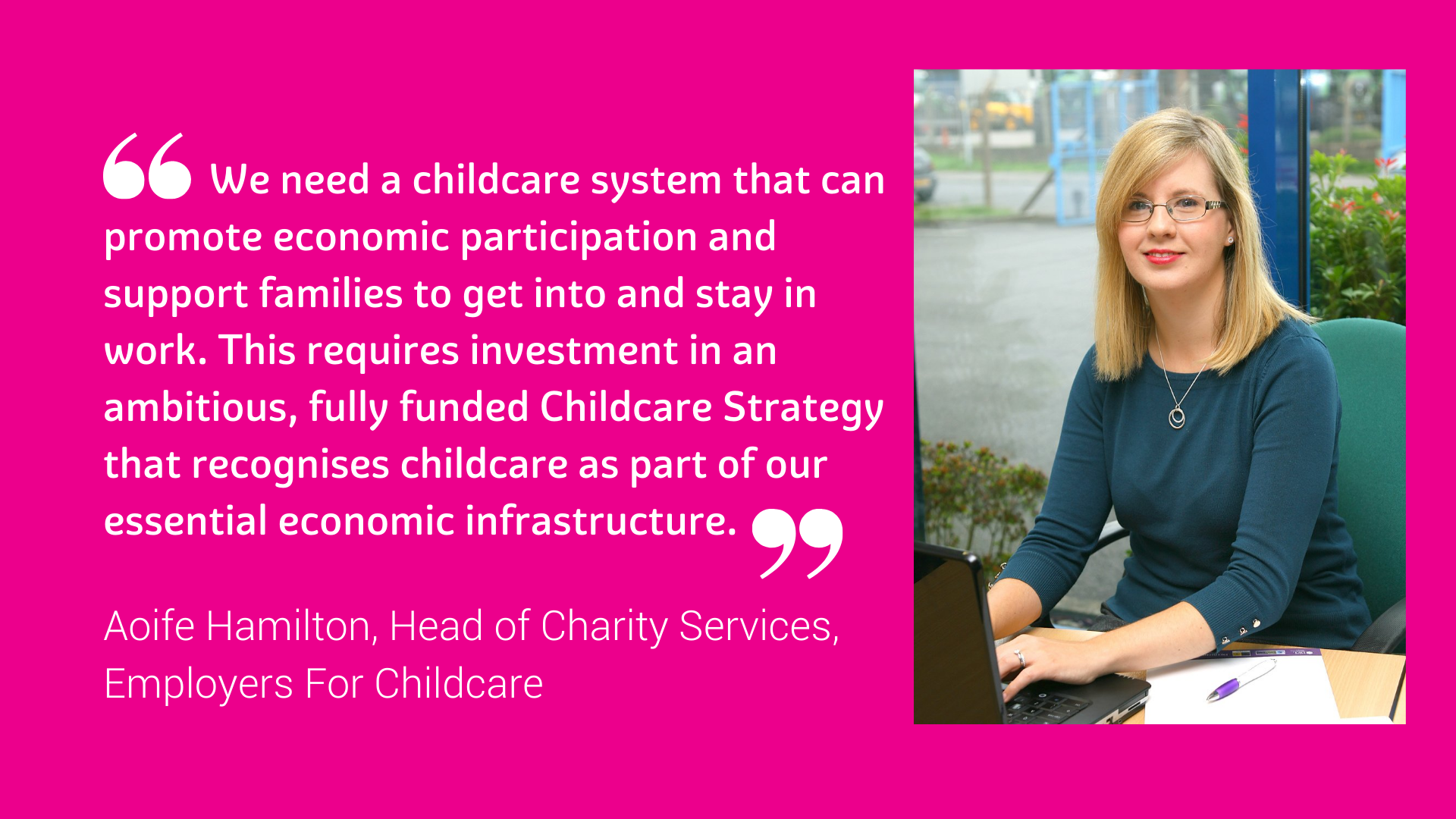Early education and childcare missing from UK Government’s ‘Levelling Up’ agenda
What is the Levelling Up Strategy?
The UK Government has unveiled its flagship Levelling Up White Paper, setting out plans for transforming the UK by spreading opportunity and prosperity to all parts of it, and addressing long-standing regional imbalances.
At present, there are significant geographical discrepancies across the UK, including in relation to productivity, pay, educational attainment and health. For productivity at a regional level for example, the gap between the highest performing area – London – and the lowest – Northern Ireland – is around 60%. In Northern Ireland, between 53% and 58% of the population have at least a Level 3 qualification, compared to between 68% and 100% of the population in most of Greater London. Median gross weekly pay in Northern Ireland is significantly below the national average.
The Strategy does not provide significant new funding but is instead about renewing and concentrating focus, and that ensuring funding that has been allocated is spent effectively on local priorities. It includes 12 national missions to be achieved by 2030 including:
- Growth in pay, employment and productivity in every area of the UK
- More primary school children achieving the expected standards in reading, writing and maths
- An increase in the number of people successfully completing high-quality skills training
- Improved well-being in every area of the UK.
Levelling Up presents a vision of a society where every part is home to skilled people, with high quality jobs, who have access to outstanding schools and globally-competitive universities. There will be good roads, trains, internet and housing. Local businesses will be supported to invest and innovate, and there will be a strong sense of community. With each part of the UK achieving its potential, the intention is that the economy as a whole will be both larger and more equal.
Many of the policies in the White Paper apply to England only, but the Government has insisted that levelling up is a UK-wide initiative, and that it will be working with the devolved administrations in Scotland, Wales and Northern Ireland to achieve this.
What is missing from the Levelling Up Strategy?
The wide-ranging set of missions, and overall vision for the Strategy, are welcome. It is right that no-one in the UK should be held back from achieving their full potential simply because of where they are born. However, achieving rising employment, pay and productivity, and improving educational outcomes for children, will only succeed if there is investment in early education and childcare to:
- Give all children the best start in life, improving their longer-term educational and employment outcomes
- Reduce child poverty levels
- Support parents to get into and stay in work, education and training and to develop their skills
- Ensure there is more money in families’ pockets.
Investment in childcare critical to economy
Despite acknowledging that “potential is shaped from the very beginning of our lives”, and that high quality early years education, schools and support provide a strong base for subsequent investment in skills, the Levelling Up Strategy fails to include investment in early education and childcare as a key pillar. This is a critical omission.
The early years are a vital time for children, during which the foundations for lifelong learning are built. Investment in supporting children during their first 1,000 days is essential to achieve improved educational outcomes and employment prospects later in life, and offers a greater return on investment than interventions in later years.
Investing in childcare is also key to enabling parents with dependent children to take up and progress in work, and to be more engaged and productive. It was recently reported by the Centre for Progressive Policy that investment in childcare could increase the total annual income of working mothers in the UK by up to £10 billion, generating up to £28 billion in economic output per annum.
The Women’s Budget Group has estimated that investment in care – including in childcare – would produce 2.7 times as many jobs as an equivalent investment in construction, highlighting that this is an excellent way to stimulate employment.
In Northern Ireland, the Northern Ireland Childcare Survey 2021 found that the average cost of a full-time childcare place equates to 34% of the median household income. This is amongst the highest in the OECD countries. Looking at data from a range of OECD countries, net childcare costs represent an average of 10% of household income for a couple on the average wage, rising to 21% in Ireland and 28% in the UK. Comparatively, the figure is 16% in Finland, 6% in Norway and 4% in Sweden.
We found that difficulties in accessing or affording childcare impacted on the ability of parents to work. This affected 44% of the parents who participated in the research, rising to 58% of mothers, compared to 27% of fathers. This has impacted on those parents in a range of ways, with many having had to reduce their hours of work, others experiencing limited career prospects or progression, while some have had to stop working altogether.

Addressing childcare as a barrier to work
A key levelling up action for the Government, contributing to growth in pay, employment and productivity, improving educational outcomes and reducing child poverty, would be to ensure that nowhere in the UK does the cost of high-quality childcare or early education act as a barrier to access for children, or to enabling parents to get into, stay in and progress in work. Otherwise, levelling up will not be achievable if, across the UK:
- parents cannot afford to go to work
- where parents are working, a significant proportion of their household income is spent on childcare
- children have unequal access to the benefits of high-quality early education and childcare.






